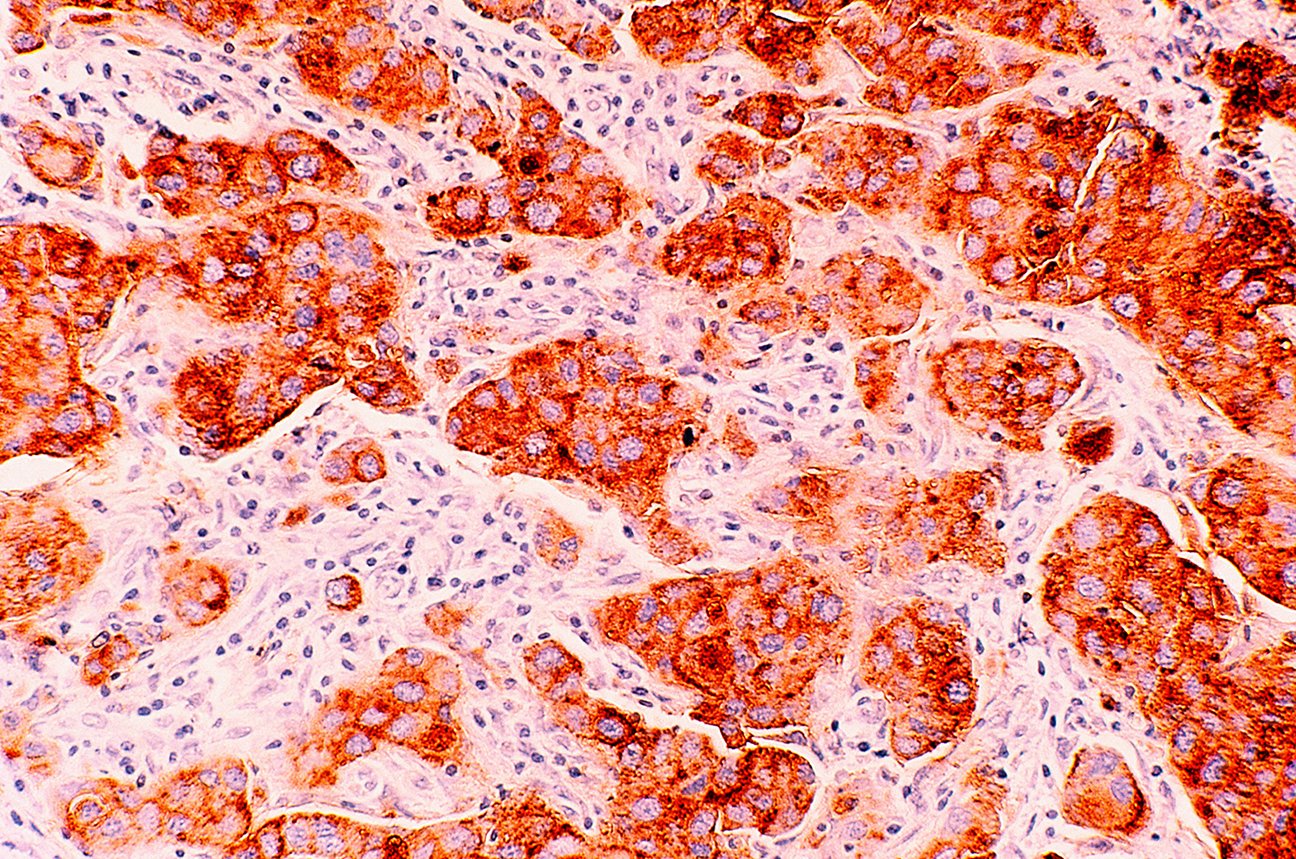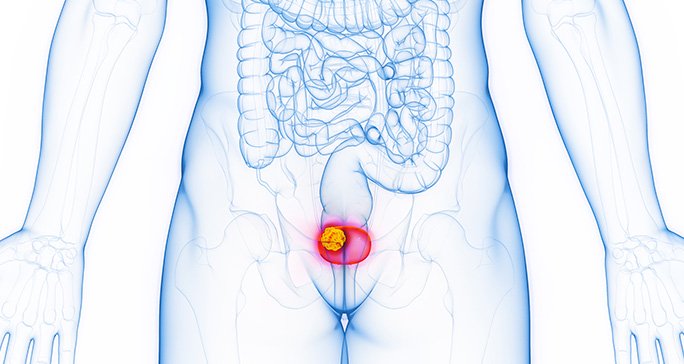- Diseases
- Acoustic Neuroma (14)
- Adrenal Gland Tumor (24)
- Anal Cancer (68)
- Anemia (2)
- Appendix Cancer (16)
- Bile Duct Cancer (26)
- Bladder Cancer (72)
- Brain Metastases (28)
- Brain Tumor (232)
- Breast Cancer (714)
- Breast Implant-Associated Anaplastic Large Cell Lymphoma (2)
- Cancer of Unknown Primary (4)
- Carcinoid Tumor (8)
- Cervical Cancer (158)
- Colon Cancer (166)
- Colorectal Cancer (116)
- Endocrine Tumor (4)
- Esophageal Cancer (44)
- Eye Cancer (36)
- Fallopian Tube Cancer (8)
- Germ Cell Tumor (4)
- Gestational Trophoblastic Disease (2)
- Head and Neck Cancer (12)
- Kidney Cancer (128)
- Leukemia (342)
- Liver Cancer (50)
- Lung Cancer (286)
- Lymphoma (278)
- Mesothelioma (14)
- Metastasis (30)
- Multiple Myeloma (100)
- Myelodysplastic Syndrome (60)
- Myeloproliferative Neoplasm (4)
- Neuroendocrine Tumors (16)
- Oral Cancer (100)
- Ovarian Cancer (172)
- Pancreatic Cancer (160)
- Parathyroid Disease (2)
- Penile Cancer (14)
- Pituitary Tumor (6)
- Prostate Cancer (146)
- Rectal Cancer (58)
- Renal Medullary Carcinoma (6)
- Salivary Gland Cancer (14)
- Sarcoma (238)
- Skin Cancer (296)
- Skull Base Tumors (56)
- Spinal Tumor (12)
- Stomach Cancer (64)
- Testicular Cancer (28)
- Throat Cancer (92)
- Thymoma (6)
- Thyroid Cancer (96)
- Tonsil Cancer (30)
- Uterine Cancer (80)
- Vaginal Cancer (16)
- Vulvar Cancer (20)
- Cancer Topic
- Adolescent and Young Adult Cancer Issues (20)
- Advance Care Planning (10)
- Biostatistics (2)
- Blood Donation (18)
- Bone Health (8)
- COVID-19 (362)
- Cancer Recurrence (120)
- Childhood Cancer Issues (120)
- Clinical Trials (630)
- Complementary Integrative Medicine (22)
- Cytogenetics (2)
- DNA Methylation (4)
- Diagnosis (232)
- Epigenetics (6)
- Fertility (62)
- Follow-up Guidelines (2)
- Health Disparities (14)
- Hereditary Cancer Syndromes (126)
- Immunology (18)
- Li-Fraumeni Syndrome (8)
- Mental Health (116)
- Molecular Diagnostics (8)
- Pain Management (62)
- Palliative Care (8)
- Pathology (10)
- Physical Therapy (18)
- Pregnancy (18)
- Prevention (914)
- Research (392)
- Second Opinion (74)
- Sexuality (16)
- Side Effects (604)
- Sleep Disorders (10)
- Stem Cell Transplantation Cellular Therapy (216)
- Support (402)
- Survivorship (320)
- Symptoms (182)
- Treatment (1786)
Breast medical oncologist: Collaboration, education and research are pillars of patient care
4 minute read | Published March 26, 2025
Medically Reviewed | Last reviewed by David Ramirez, M.D., on March 26, 2025
After graduating from medical school, I moved to Houston with the goal of becoming a cardiologist. But a clinical rotation at MD Anderson changed my life.
Now as a breast medical oncologist at MD Anderson, I get to help patients every day. I’m living my dream of being an oncologist at a leading research institution. And I couldn’t be happier.
Finding my perfect fit at MD Anderson
One thing I love about working at MD Anderson is its focus on education for future oncologists. Before coming here, I was working at a health care system on the West Coast. I really missed the academic world. When searching for new opportunities, I met with MD Anderson’s chair of General Oncology. He asked what my ideal job would be. This simple question helped me assess my passions. My No. 1 priority is taking excellent care of patients and enrolling them in clinical trials to expand our knowledge of oncology, but I also love the educational aspect of oncology.
I love discussing clinical trials with my colleagues after attending a national cancer meeting. How are we going to interpret the trials? How will we apply them to our patients? That’s what energizes me and gets me excited. And I knew I couldn’t get that in my previous job.
MD Anderson gave me that piece I was missing in my profession.
At first, I primarily worked with our medical oncology fellows at the MD Anderson Oncology Program at Lyndon B. Johnson Hospital. I was able to focus on training our fellows, who will be the future of oncology. A colleague and I created an online board review for our fellows to optimize their knowledge gaps and educational lectures. When I transferred to Breast Medical Oncology at MD Anderson, I took over the educational responsibilities for the department.
I’m passionate about creating the ideal educational environment for the next generation of oncologists. When they ask me a question, I take time to discuss core concepts. That makes me a better oncologist.
Collaboration sets MD Anderson apart
I’ve worked at several health institutions throughout my career. What makes MD Anderson unique is our team science; specialists from multiple disciplines collaborate to determine the best treatments for our patients. Take our Multi-Team Breast Clinic, for example. Newly diagnosed local breast cancer patients start the day with a mammogram and breast ultrasound. Then they get evaluated by a surgical physician assistant before being seen by a multidisciplinary team, including a breast medical oncologist, a breast surgeon and a breast radiation oncologist. And on the same day, patients leave with a treatment plan.
The team reviews the patient’s pathology and imaging, and we collaborate to determine the cancer’s stage and discuss the best treatment, including any clinical trials that are available for that patient. It’s not just a single provider making decisions; an entire team is taking care of each patient. You can see our team science throughout MD Anderson. That sets us apart from other health care systems.
MD Anderson provides the whole package to treat breast cancer
At MD Anderson, we don’t just focus on the actual therapy, like chemotherapy, radiation therapy or surgery when treating patients. We want to make sure we take care of all your needs. That’s why we have face-to-face conversations with patients on day one. We want to develop a treatment plan that addresses each patient’s unique needs.
The subspecialists we have at MD Anderson help make sure we tackle cancer from all angles. Rare subtypes of breast cancer are often referred to MD Anderson for our expertise. And we’ve seen the rarest of the rare. We’re able to focus our research on these subtypes.
For example, our Integrative Medicine colleagues do a great job of answering patients’ lifestyle questions about diet, exercise and supplements, as well as helping patients improve their physical, mental and emotional well-being. And our Supportive Care Center helps support patients with cancer-related symptoms, like pain.
Breast cancer specialists collaborate to make sure we’re suggesting the best treatment, whether that’s standard of care or a clinical trial. Having a plan upfront helps simplify what can be an overwhelming process for patients. We educate our patients about their options, and then we make decisions together. I think that gives them a lot of hope.
David Ramirez, M.D., is a breast medical oncologist and quality officer of Breast Medical Oncology at MD Anderson.
Request an appointment at MD Anderson online or call 1-855-942-1358.

An entire team is taking care of each patient.
David Ramirez, M.D.
Physician





